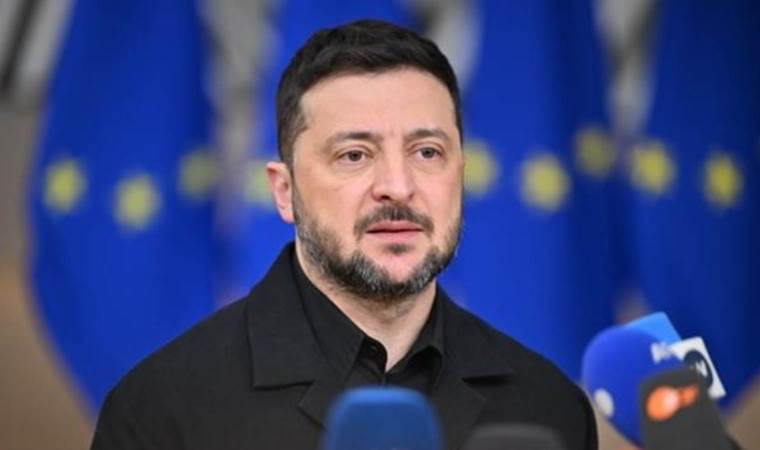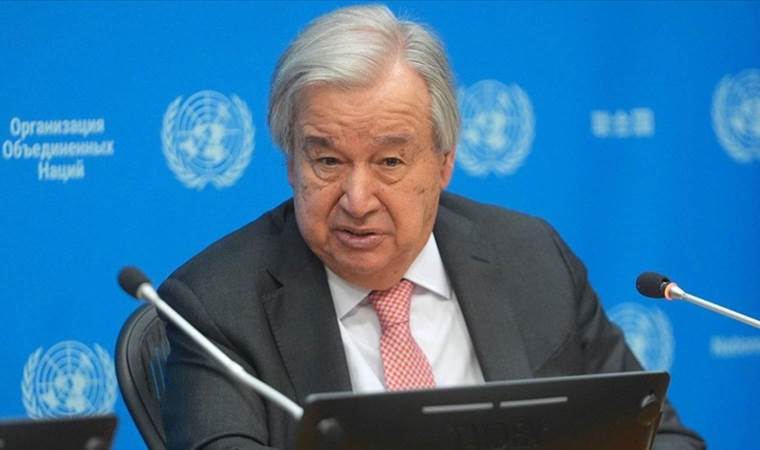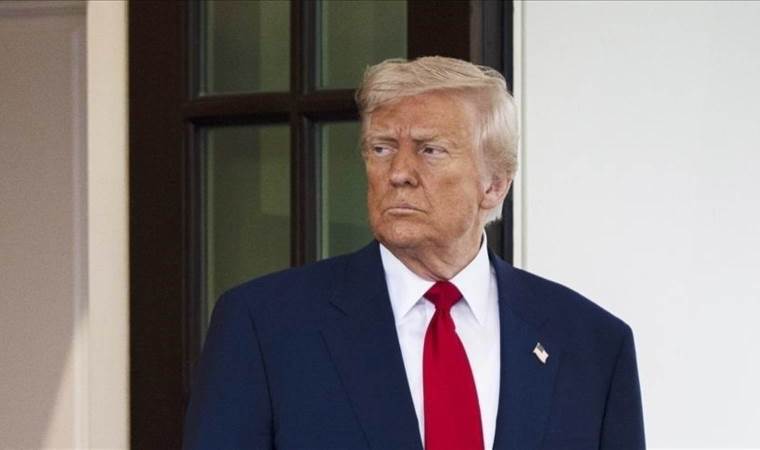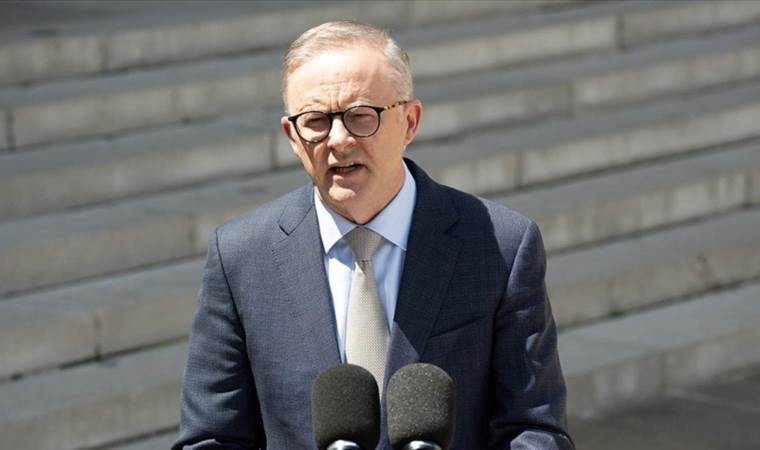Conservative Merz maintains strong lead in German election race: Poll
Conservative leader Friedrich Merz's CDU/CSU bloc maintained a substantial lead in the latest campaign polls as Germany enters the crucial final month of electioneering.
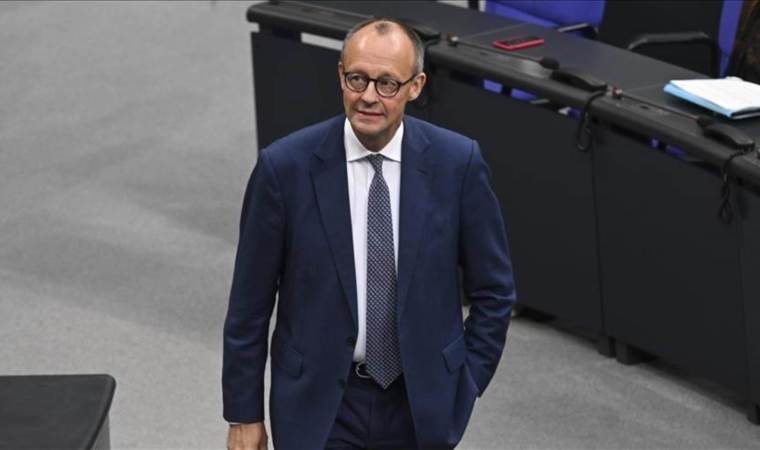
A YouGov poll released Wednesday showed the Christian Democrats (CDU/CSU) at 28% of voter support, despite a two percentage point drop from the previous week. Despite this lead, Merz would need a coalition partner to form a government.
Chancellor Olaf Scholz's Social Democratic Party (SPD) gained momentum, rising one point to 19% and sharing second place with the far-right Alternative for Germany (AfD), which fell two points.
The Greens improved their position by climbing one point to 15%, marking their strongest showing in YouGov polling since April 2024. Among smaller parties, the left-wing populist BSW garnered 6% support, while both the liberal FDP and The Left remained at 4%, falling below the threshold required for parliamentary representation.
Germany, the EU's largest economy, is heading to snap elections on Feb. 23 following a political crisis that emerged late last year. The early vote comes after the collapse of Chancellor Olaf Scholz's three-way coalition government due to mounting tensions between his Social Democrats and their junior partner, the FDP, over budget constraints and spending priorities.
Front-runner Merz keeps coalition options open
*Chancellor hopeful Merz has repeatedly emphasized that the Christian Democrats will not cooperate with the far-right AfD, categorically ruling out any coalition with the extremist party after the elections.
However, he has also declined to express preferences between the Social Democrats and the Greens. Speaking at a World Economic Forum panel Tuesday evening, Merz stressed that his current focus lies solely on securing a strong electoral showing.
“I don't think about future coalition categories. My focus is now on February 23rd only, and we have to win a relative strong majority,” he told an international audience of business leaders and policymakers.
“As soon as we are so strong, we would only need one (coalition partner), and we have a choice between two, we will be strategically in a very strong position,” he said.
“And you will see, as soon as we are having these options, the other two (parties) will become extremely flexible, and then we have to tell them what we would like to achieve together,” he added.
Most Read News
-
 Thailand imposes martial law in border districts as clas
Thailand imposes martial law in border districts as clas
-
 2 killed, 8 critically injured in shooting at Brown Univ
2 killed, 8 critically injured in shooting at Brown Univ
-
 Zelenskyy says bilateral security guarantees a ‘compromi
Zelenskyy says bilateral security guarantees a ‘compromi
-
 Delhi’s air quality worsens to new severe level, Indian
Delhi’s air quality worsens to new severe level, Indian
-
 Attacks on Bangladeshi peacekeepers in southern Sudan ma
Attacks on Bangladeshi peacekeepers in southern Sudan ma
-
 2 Palestinians killed by Israeli army in occupied West B
2 Palestinians killed by Israeli army in occupied West B
-
 Trump vows to respond to alleged ISIS attack on US force
Trump vows to respond to alleged ISIS attack on US force
-
 ‘No place for violence in Australia,’ says Premier Alban
‘No place for violence in Australia,’ says Premier Alban


